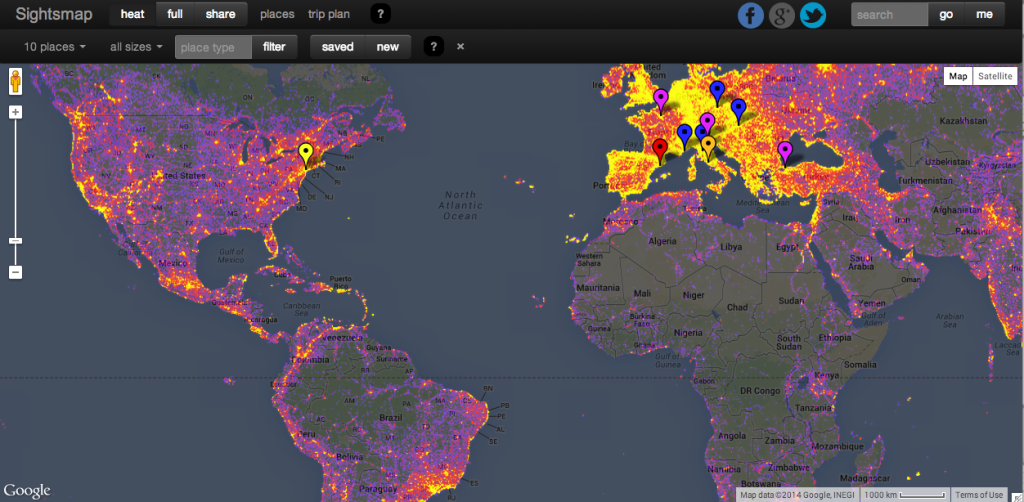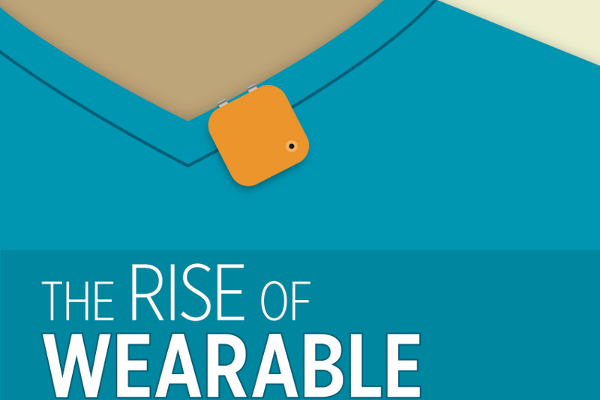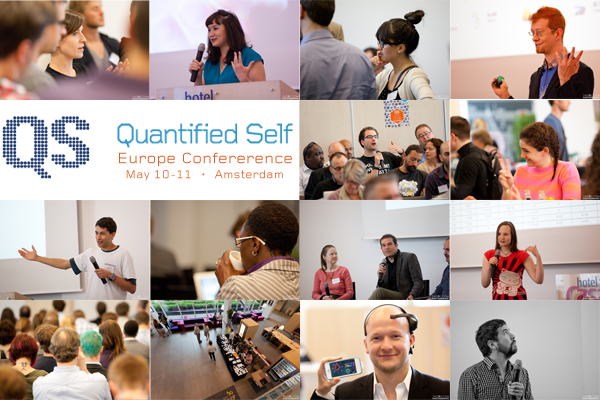More than just self-tracking

When we think about lifelogging, phrases such as the quantified self or wearable tech often surface in our minds. However, just like Mike Gotta at Gartner cleverly pointed out, we too believe that lifelogging goes beyond that. As seen clearly on the diagram above by Mike, the quantified life has many dimensions to it. The personalized sensors or wearable tech gadgets that we own, the cloud where we upload our personal analytics to, and the personal support networks and communities we turn to for advice on better quantifying our data are merely one aspect of lifelogging, or living your quantified life. The lifelogging journey goes beyond that to encompass the backstage aspects of research, design, digital business, society at large, funding and business development, internet of things and workforce engagement. It is interesting to see how Mike Gotta put this all into perspective and show us the importance of communication between the company and its consumers so that each individual can make better sense of his/her own data.
Read more: Your Sensored Life: An Expanded View of Quantified Self
Image credited to Gartner
OptimizeMe launches to make sense of your QS
Speaking of making better sense of the data that we track, OptimizeMe seeks to do just that and hopes to be optimizing everyone’s lives. With an intuitive interface to record anything and with the activity tracker Moves installed, OptimizeMe allows users to track their daily activities and then have them analyzed by Ari, what they call a personal life coach. Ari could provide insights on how your mood has been affected by sleep or how your stress level is correlated with the quality of your sleep, for instance. You could also make use of OptimizeMe to help you attain the goals you set for the New Year (remember how we mentioned making use of the quantified self to help you achieve some of your New Year’s resolutions?). Although OptimizeMe prides itself on being fully customizable according to users’ needs, some have also mentioned that the user interface could be a little overwhelming. That said, we think that OptimizeMe could be something very useful for all you Quantified Self-ers, so why don’t you try it today?
Read more: OptimizeMe launches on iOS to make sense of your quantified self and Wearable computing: 10 things you should know
Image credited to Central dos Apps
Most photographed cities
Photo-taking and geotagging them have become a part of many of our lifestyles. Whether it’s taking a coffee break at a quaint little cafe or traveling to the ends of the earth for a picture with the polar bears or white tigers, many have taken it as a habit to upload pictures of these moments to Instagram, for instance, and then geotagging it so that our friends know exactly where we’ve been. With such a strong phenomenon taking over the photography world, Google recently released a heat map that highlights the Earth’s most photographed locales. Data included in this map, known as Sightsmap, comes only from geolocated images uploaded by individual users to the Google Maps Panoramio service, which associates images with locations in Google Maps and Google Earth. According to Sightsmap, Europe is the most photographed continent and New York City reigns as the most photographed city of the world. Although these statistics aren’t entirely indicative of the exact places you should visit, Sightsmap even allows you to plan a trip with the map by selecting a starting point and destination, which then brings up estimated travel time and links to travel sites. Let your wanderlust begin!
Read more: The Most Photographed Cities on Earth, According to Google
Dove beauty project nails it
A part of many people’s lifelogging journey includes taking selfies to see how one’s appearance has changed over time. And for some of these people, uploading these pictures to social media platforms have been an essential step in this process. However, with this increasing trend, many young people have based their self-esteem on the number of likes they received or positive comments they garnered. But of course, the downside of this is that many young people end up having low self confidence because of the negative comments they receive, or simply by scrolling through their social media accounts to see how “beautiful” other people’s selfies can be. To counter that, Dove, as part of the familiar Dove campaigns for real beauty, executed a photography project that revealed the insecurities that these girls possessed, and subsequently got them to see how beautiful they really are. Watch the video above and be blown away by these little (and slightly older) beauties!
Read more: This Photo Project Forced Girls To Honestly Look At Their Insecurities, And The Results Are Amazing (Video)
If you enjoyed this post, you can also subscribe to our monthly newsletter!


